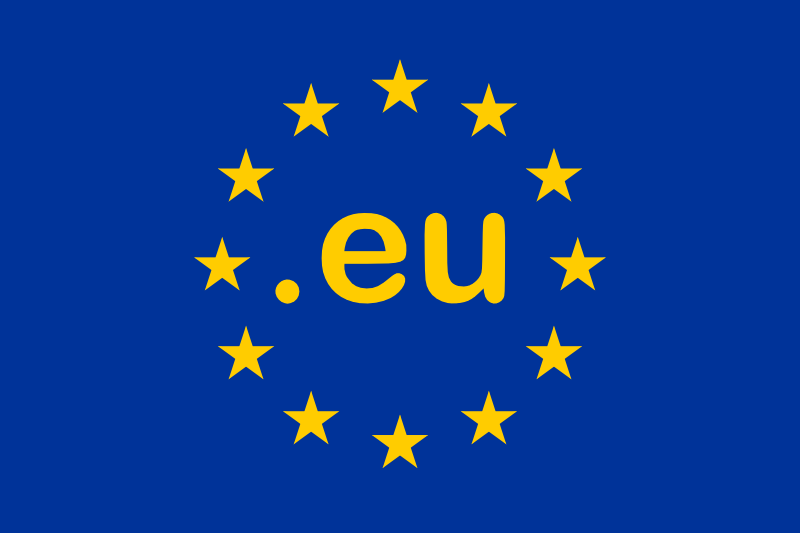EU faces tough toxic assets talks amid protectionist tiff
 Brussels - European Union finance ministers were locked in talks on how to dispose of banks' toxic assets Tuesday, with the bloc's presidency confirming it would hold an "anti-protectionist" summit later this month.
Brussels - European Union finance ministers were locked in talks on how to dispose of banks' toxic assets Tuesday, with the bloc's presidency confirming it would hold an "anti-protectionist" summit later this month.
"The biggest risk at the moment is protectionism," said Czech Finance Minister Miroslav Kalousek, whose country holds the rotating presidency of the EU, at the start of the talks in Brussels.
"Some of the signals are so strong that the prime minister has decided to organize a summit as soon as possible, so that all heads of states and government say a clear no to protectionism," Kalousek said.
Kalousek's comments were clearly directed at France, which last week infuriated the Czechs and the Slovaks by suggesting that French carmakers should relocate their factories in eastern Europe to France.
On Monday, the French government again courted with controversy by approving to hand out 6 billion euros (7.8 billion dollars) in soft loans to Renault and Peugeot-Citroen, on the condition that the companies keep production and jobs in France. Some argue that this gives French carmakers an unfair advantage over their European rivals.
Tension between the Czech presidency of the EU and France, which held the post before it, was further evident in the contrasting reasons given for the need to hold an extraordinary summit.
In a joint letter, French President Nicolas Sarkozy and German Chancellor Angela Merkel on Monday not only said the summit was in fact their idea, they also said it should focus on "restoring credit" instead.
Such a summit, likely to be held in Brussels during the final week of February, would in any case be informal, meaning there will not be an official agenda.
Ahead of that meeting, EU finance ministers were debating how best to rid their banks of toxic assets - dodgy assets which as a result of the global financial crisis are unwanted and difficult to price.
The option least likely to be approved involves the creation of a pan-European "bad-bank," which would hold all of the bloc's toxic assets.
While this would ensure that banks from any individual member state do not enjoy an unfair advantage, this option is strongly opposed by Germany and others.
Another option, pursued by Britain, involves insuring such assets using public money.
However, Kalousek and others said the most likely outcome would be the adoption of different schemes in different countries.
"There will not be an agreement on a single methodology on how to deal with toxic assets today," the Czech minister said.
"Most countries wants to keep all options open," noted Britain's Alistair Darling.
Late Monday, Joaquin Almunia, the EU's economic and monetary affairs commissioner, said the European Commission would ensure a level playing field and the full respect of the EU's strict rules on what kind of state aid is and is not allowed.
Speaking after a meeting of eurozone ministers, Almunia said toxic assets would have to be priced in a transparent and independent manner, and that there should be "equal treatment", regardless of the pricing technique that is used. (dpa)